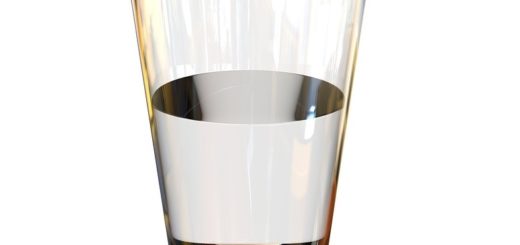Crazy Little Thing Called Stress
 Some time ago I attended a fascinating presentation by Gudjon Bergmann on stress management called “Changing the Stress Paradigm.” In his talk, he suggested that we honor the stress response as being part of life.
Some time ago I attended a fascinating presentation by Gudjon Bergmann on stress management called “Changing the Stress Paradigm.” In his talk, he suggested that we honor the stress response as being part of life.
Being part of life? You mean it’s impossible for me to get rid of stress in my life?
“That’s right,” Gudjon told the group. “You can reduce stress by activating your relaxation response, but you can’t live entirely stress free.”
He had a point. I guess some stress is actually necessary to function as a human being. It’s even built into our psyche as part of the fight or flight response when we’re in danger. I know this from teaching women about self-defense.
In case you don’t know Gudjon Bergmann, he grew up in Iceland. He describes his childhood as stressful and dysfunctional. When he became an adult, he attempted to create a stress-free life. He learned meditation and yoga. After practicing these relaxation techniques for awhile, he became a yoga teacher and eventually opened a yoga instruction studio. He found that that walking slowly, sweeping the floor slowly and similar physical activities helped reduced his stress, but when it came to running a successful business, his stress levels went into high gear again.
When we think of reducing stress, he explained that we should really think in terms of managing stress, not eliminating it. Gudjon told us how to activate the relaxation response to help manage stress on a regular basis through what he called “The 5 Habits of Effective Stress Management.”
The 5 Habits of Effective Stress Management
1. Relaxation – What relaxes you? Maybe it’s reading, watching television, deliberate breathing or taking a nap. Put the activity you choose for relaxation to the test. Ask yourself how you feel afterward? After being lazy you feel lethargic, after relaxing you feel energized.
2. Exercise – It’s been well-documented that routinely doing exercise releases stress, but don’t be lulled into thinking it’s the only thing you need to do. It’s only one of the five habits.
3. Constructive Thinking – We are taught to practice “positive thinking” about every bad or stressful situation, i.e. “this will feel better if you begin to think it will.” But telling a person whose child just died of cancer that everything is going to be okay isn’t constructive. Gudjon advised us to ask ourselves instead: “What is the most constructive response to this situation?”
4. Time Wisdom – The best time management tool is the word “no.” What a great outlook, and it’s so true! Time wisdom entails identifying the value you put on your time. We all have the same amount of time – 24 hours each day. The question here is, “What do I want to be doing with the time I have?”
5. Friendship & Compassion – Researchers have found that simply meeting with other people in similar situations and sharing stories and advice will significantly reduce your levels of stress. Many people close themselves off when they feel under pressure. Getting out there and sharing friendship and compassion is actually a better choice to help manage that stress.
Gudjon encouraged us to make these habits into such an integral part of life that we don’t even have to think about them. If you manage stress effectively, you manage your life effectively.
_________________
Note: Gudjon Bergmann has written fifteen books, eight in Icelandic and seven in English. For more about The 5 Habits of Effective Stress Management and other stress-related advice, check out his book, Yes! You Can Manage Stress.
__________________________________________________________
Angela Loëb helps people rediscover and use their gifts so they bring who they really are to what they do in life. More at http://about.me/angelarloeb
__________________________________________________________



